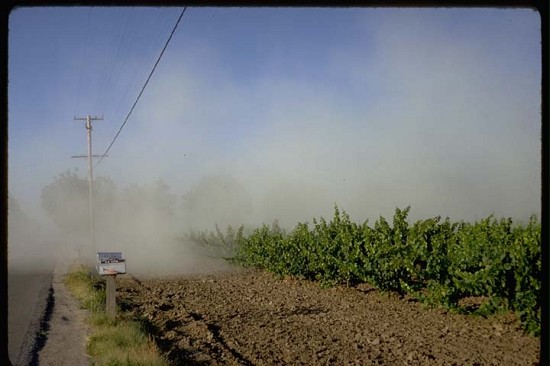Michelle Schoffro Cook wrote for care2 1 February 2012, Monsanto Wins Worst Company of 2011 Award,
The article gives plenty of reasons, and that was even before the recent hard evidence that both Monsanto’s GM corn and Monsanto’s Roundup are toxic to humans.Natural Society has awarded Monsanto the Worst Company of 2011 award for its ongoing work to threaten human health and the environment. Currently responsible for 90 percent of all genetically-modified (GM) seed in the US, the biotechnology giant is also the leader in developing genetically-modified (GM) seeds and the resulting crops worldwide. But Monsanto is perhaps best known for its herbicide Roundup, which many experts link to soil damage and herbicide-resistant superweeds, not to mention potential health problems.
Why do people keep growing that stuff around here and spraying Roundup on it?
-jsq










